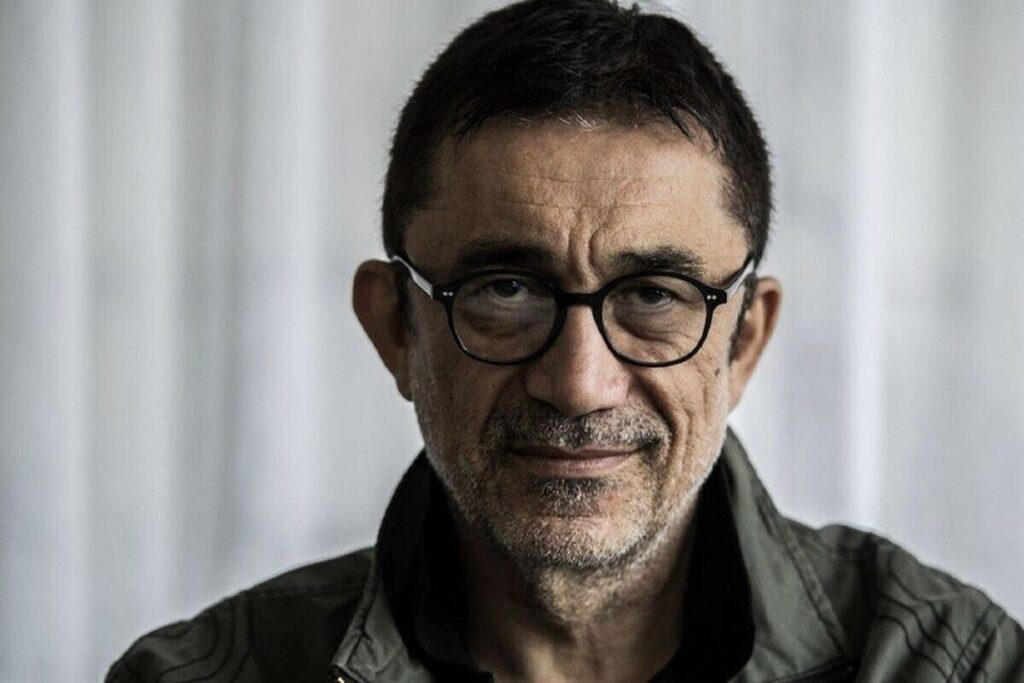Tehran – The early works of famous Turkish director Nuri Birj Seyran, the films “Small Town” (“Kasaba”) and “Coco” (“Koza”), are set to be exhibited as part of Tehran’s World Experimental Film Series.
On the first day of the world’s experimental film event, the film will be screened at Charsou Cineplex on Saturday from 5pm, Mehr reported on Wednesday.
Following the screening, a review session will be held with film critic and film writer Magiar Fekri Arshad.
Internationally known as “small towns” or “towns”, “Kasaba” is the debut of Nuri Birjseyran’s feature film, released in 1997. The film depicts life in a gloomy little Turkish town seen through the eyes of children.
Featuring performances from Mehmet Emin Toprak, Havva Sağlam, Fatma Ceylan and Emin Ceylan, it unfolds over four seasons, capturing the changing landscape of rural life.
Critics praised the film very much. The Camden New Journal highlighted its accolades, with Metacritic awarding an impressive score of 89 out of 100 based on four reviews, showing “Universal Acclaime.” “Casaba” is celebrated with poetic storytelling and inspiring portrayals of childhood and community.
The 1995 short film “Cocoon” (Koza”) is a 17-minute black and white film that was featured in the Cannes Film Festival’s Competition section.
The film depicts the lives of older couples and delves into the themes of separation and reunion through a poetic and meditative lens.
As a quiet, black and white story, it explores the universal themes of life, survival and death, featuring images of animals, objects, trees, and both young and old characters. The film is a stimulating visual collection of photographs that primarily reflects Seylan’s background as a photographer. Its minimalist approach and powerful imagery creates a deep meditation on the cycle of life-human connection.
The global experimental film program series displays films from various eras of global cinema every Saturday at Charsou Cineplex. Each screening is followed by discussion with critics, focusing on the unique features of each work in terms of empirical and cinematic evolution.
In addition to the discussion, related short films, video interviews with the director (with Persian subtitles), and behind the scenes footage of the screened works are also presented.
Participation in these events is open to the public and free of charge.
Photo: Famous Turkish film director Nuribirjseyran in undated photos
sab/

